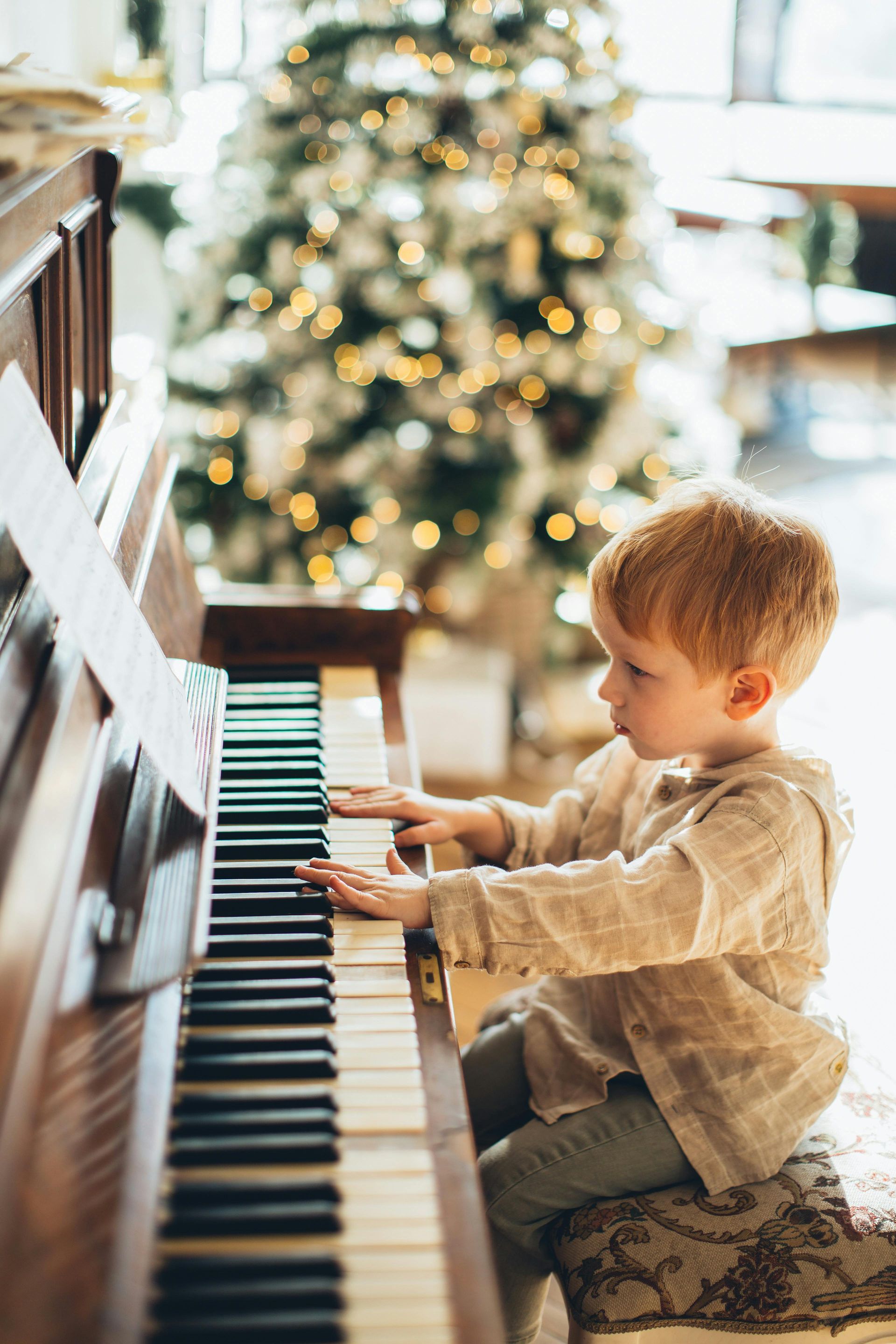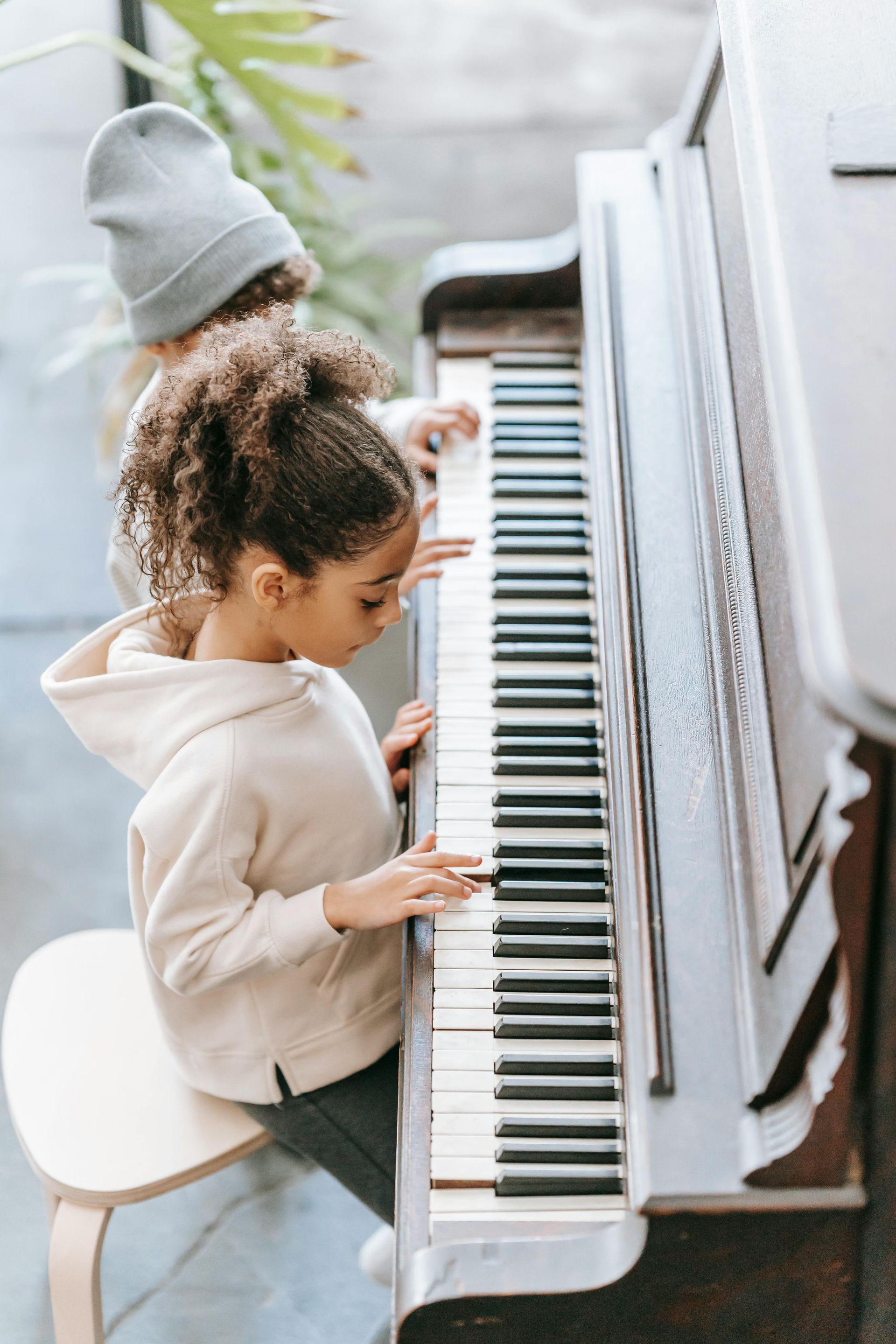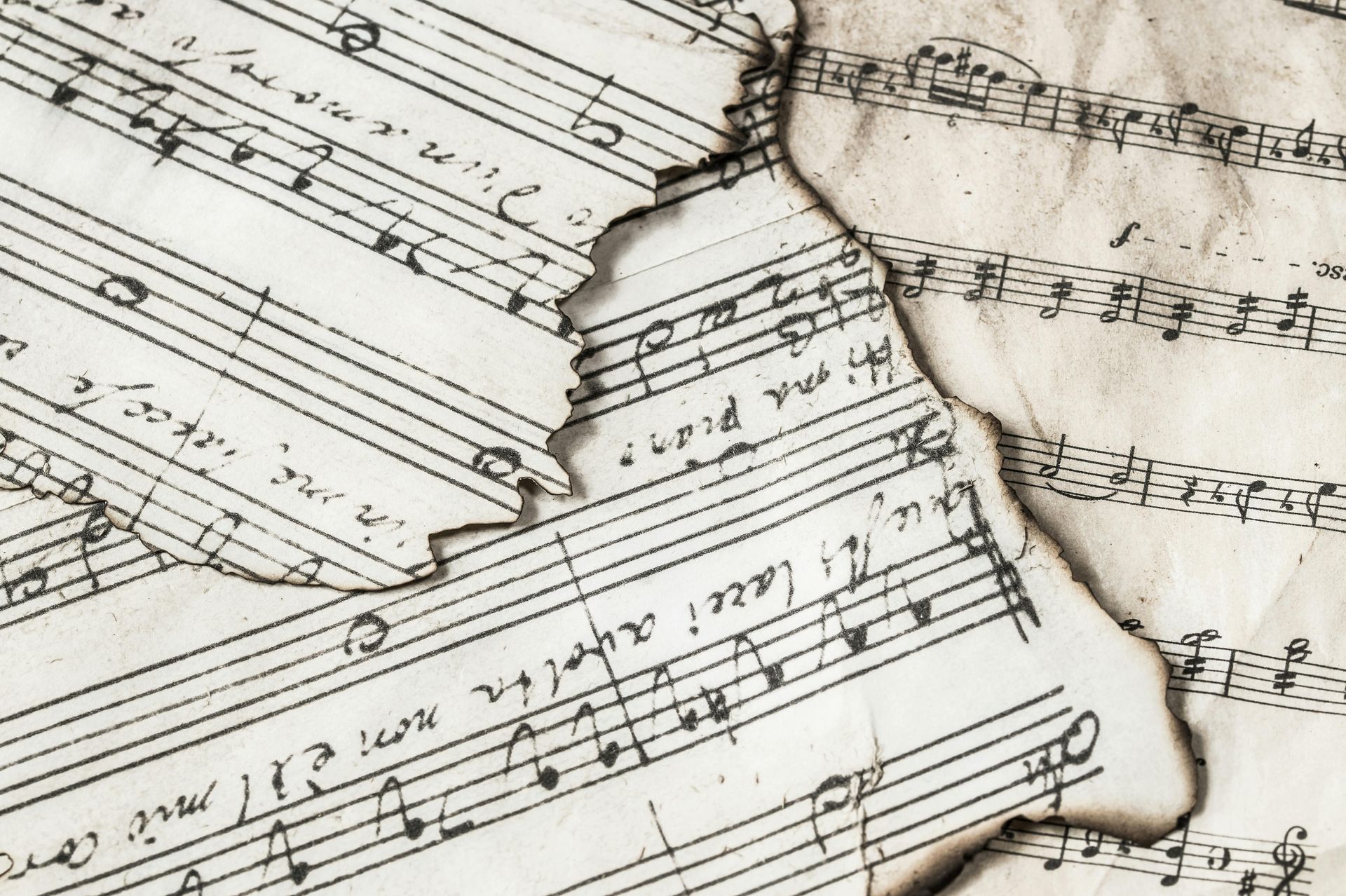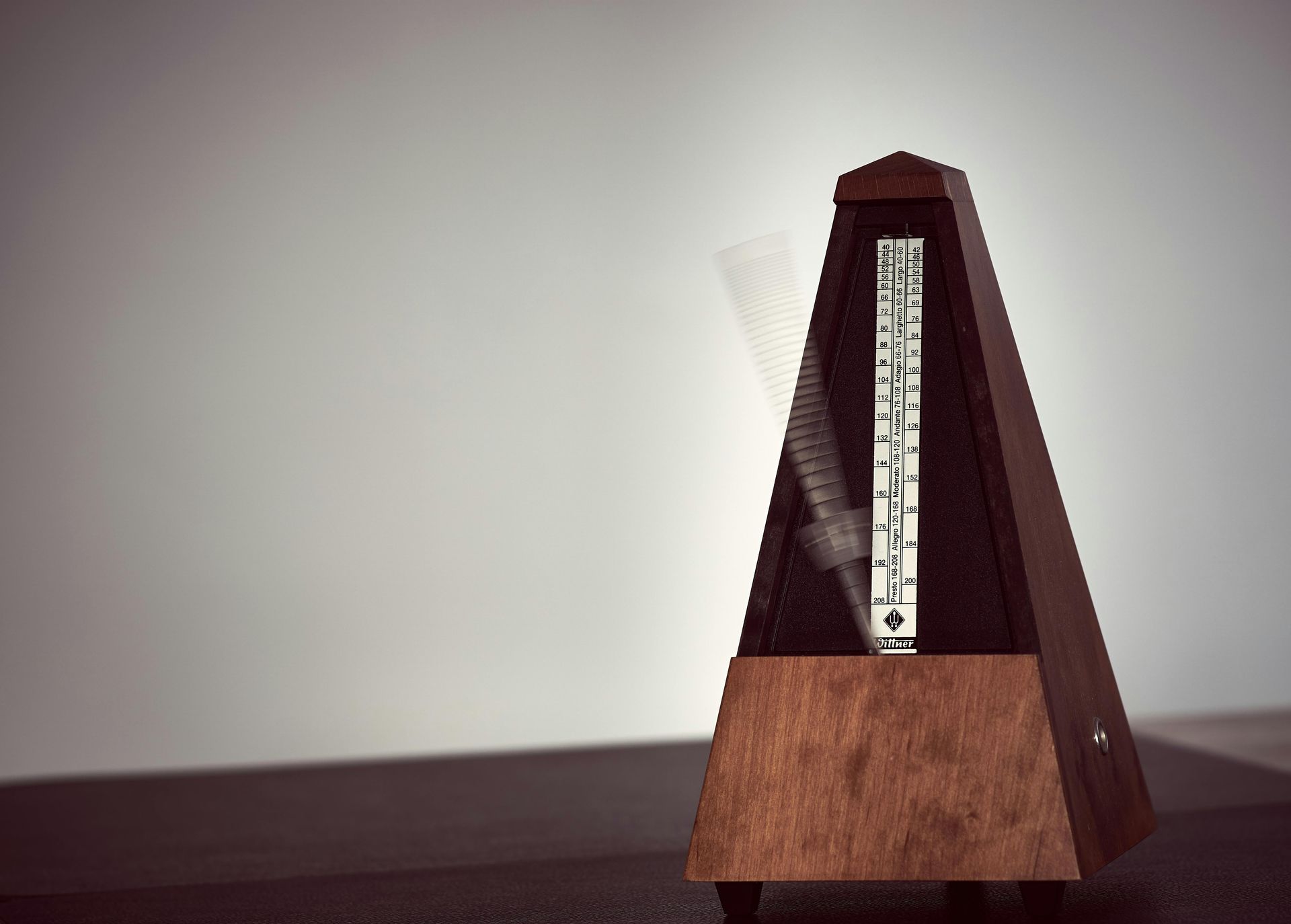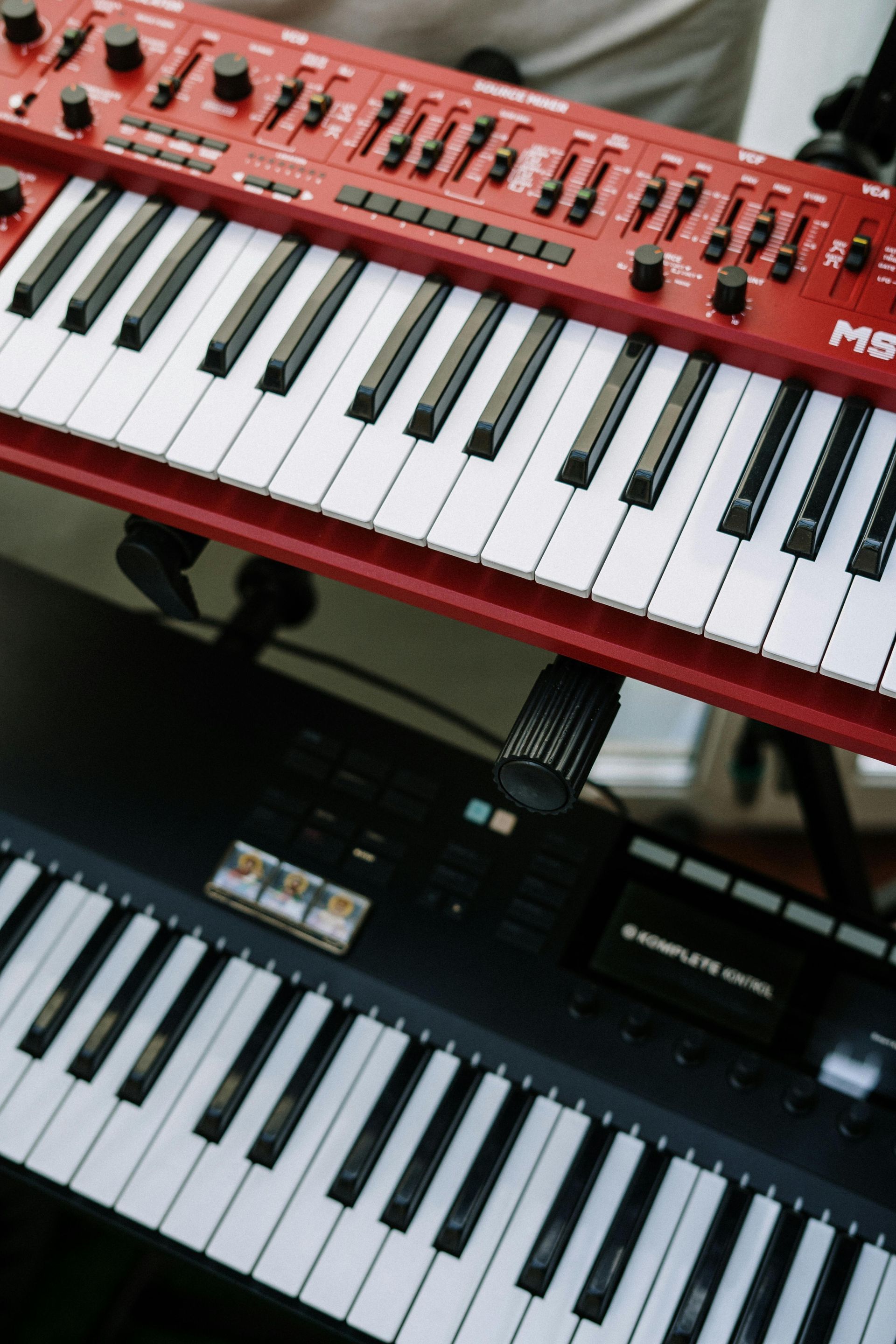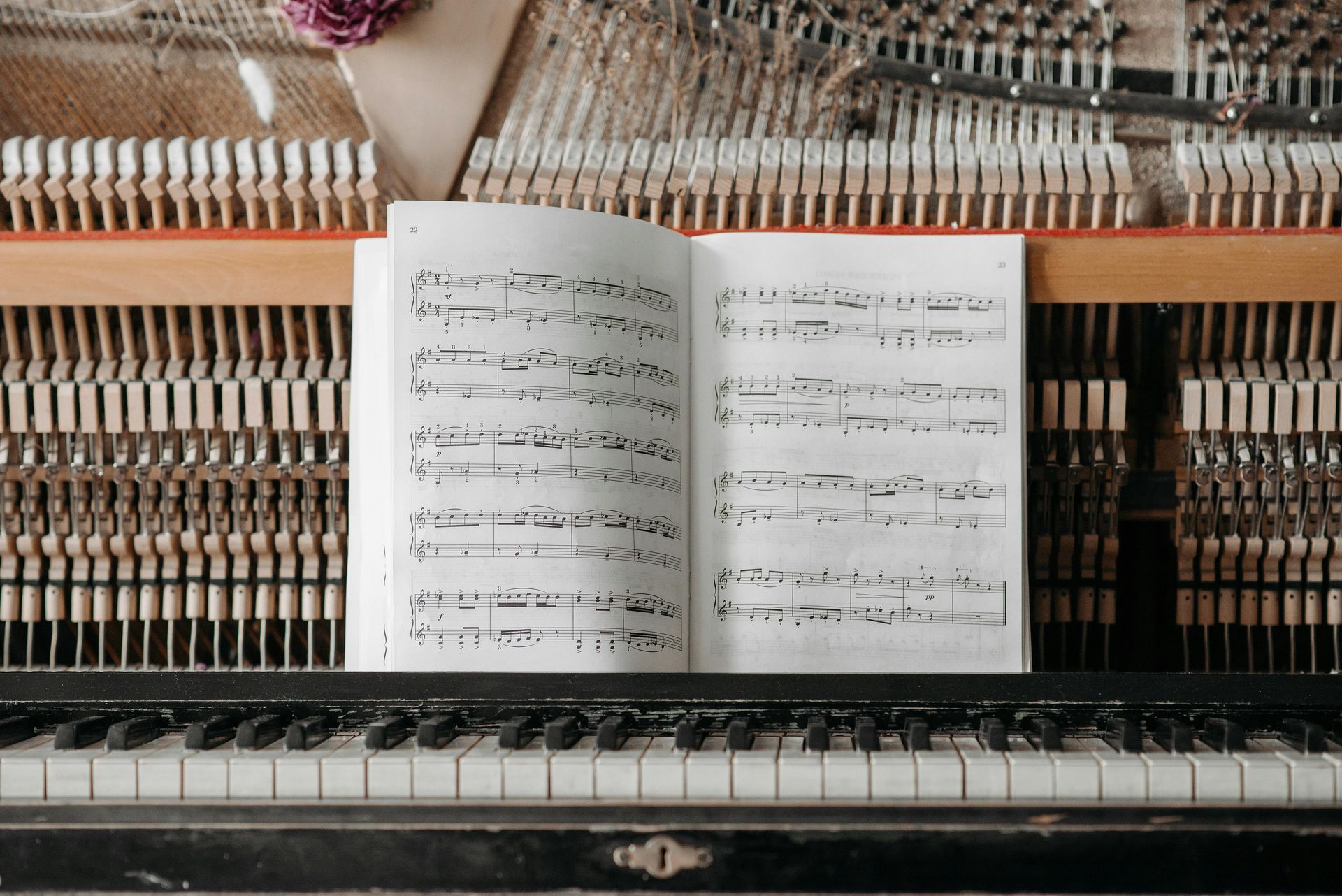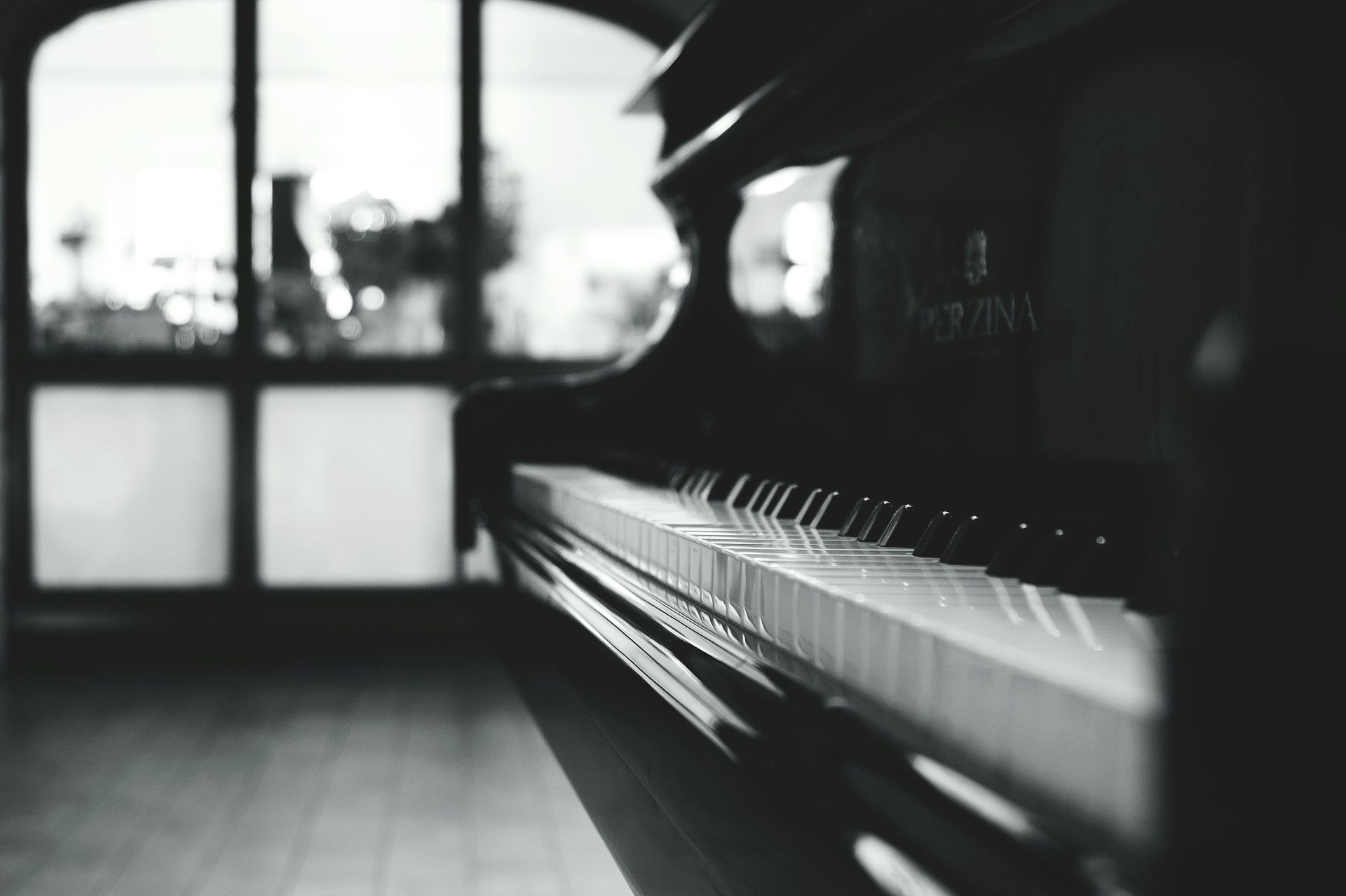Your Local Piano Teacher's Ideas

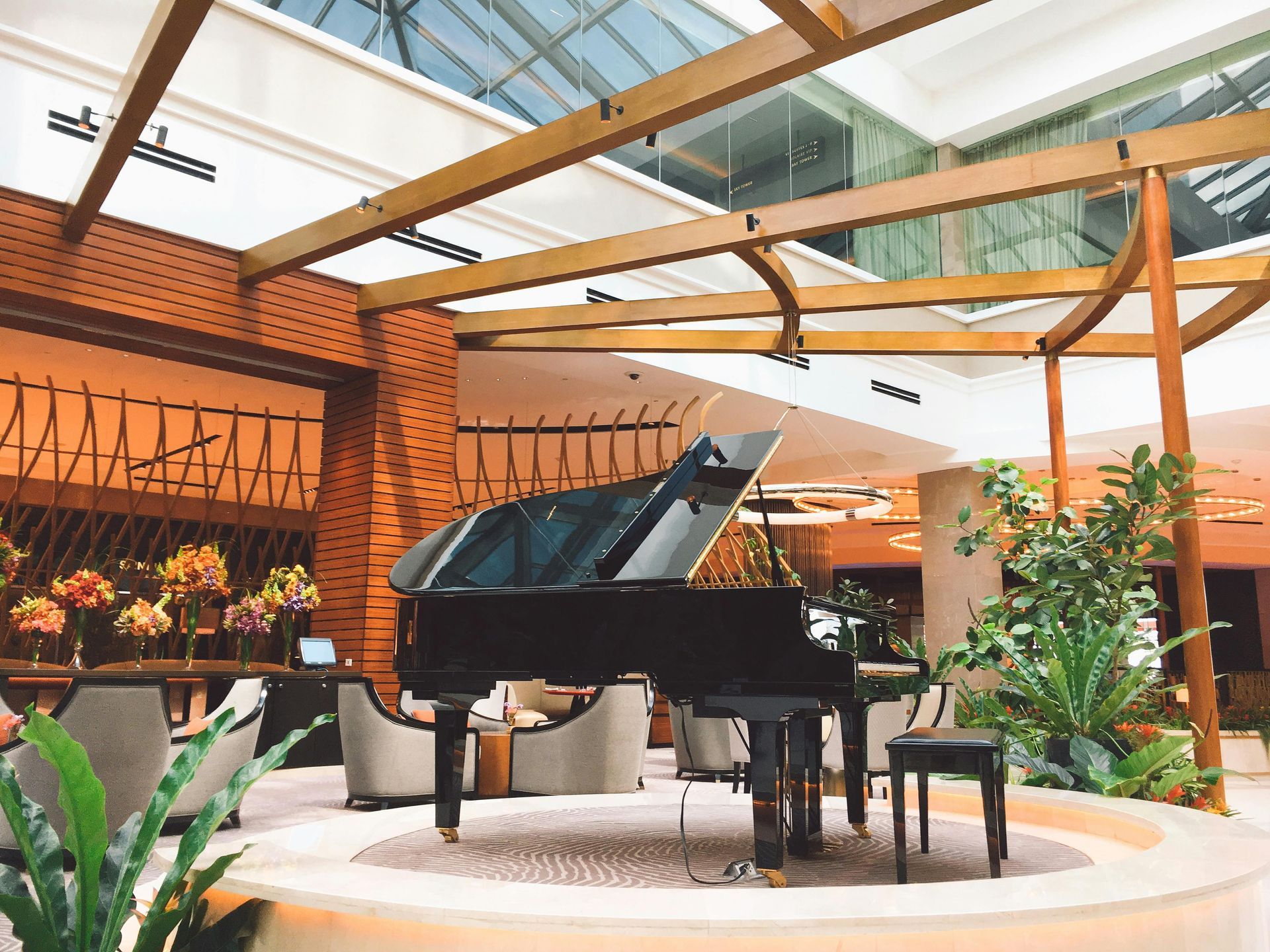
The First Steps To Your Purchase The moment when you decide to invest in your first piano is both exhilarating and, let's be honest, a bit intimidating. It's not just a purchase—it's a step into a new world of music. Much like buying a car, getting the right piano requires research into your options and finding a balance between your aspirations and budget constraints. The right piano will not only meet your musical needs but also offer an instrument that aligns with your lifestyle, space, and financial considerations. Buying your first piano doesn't have to be a mind-boggling odyssey complete with endless confusion and headaches. Once you're armed with the right knowledge, you'll find the process more enjoyable and straightforward. This guide aims to be your trusted companion as you explore the fascinating world of pianos, bringing insight and clarity. Whether you're looking at a Steinway, Yamaha, or even starting with a digital keyboard, the fundamental principles remain the same. This comprehensive resource is devised to empower you to make an informed purchase, illuminate the essential aspects to consider, and make sure you're enjoying the experience along the way. Types of Pianos Upright Pianos The upright piano, known for its vertical strings, is often the most common choice for home and classroom use. Its compact design makes it ideal for small spaces, offering a rich, resonant sound without overwhelming the room size. The price range for upright pianos varies widely, starting from around $1,000 for basic models to more than $10,000 for high-end versions. One of the main benefits of an upright piano is the balance between sound quality and space-saving design. Whether your kids are just beginning their piano lessons or you’re interested in rekindling your old piano-playing passion, uprights offer an excellent starting point. Having said that, it needs regular tuning to maintain optimal sound. Grand Pianos When the ultimate in sound quality and playing experience is your goal, a grand piano should be on your radar. The grand piano's horizontally placed strings and expansive body confer an unbeatable richness and depth of sound. These instruments are generally more expensive, often ranging from $7,000 to over $200,000 for the finer models. The cost and size of a grand piano make it more suitable for dedicated spaces that allow the sound to breathe. If your heart is set on pursuing music professionally, or you simply appreciate the aesthetic and auditory superiority, investing in a grand piano can be worthwhile. Regular tuning and maintenance are prerequisites to keep it in prime condition. Digital Keyboards Digital keyboards are often the gateway for budding pianists or for families seeking a versatile, budget-friendly entry point. These keyboards range from $100 to $3,000, offering a plethora of options suitable for beginners and advanced players alike. They replicate the piano touch to varying degrees using weighted keys and "hammer action," although the experience can never fully match that of an acoustic piano. The practicality of digital keyboards—compact, minimal to no maintenance, and portable—makes them attractive to those with limited space. Furthermore, they come loaded with features like built-in lessons, various instrumental sounds, and connectivity options, serving a multifunctional role. Evaluating Your Needs It's crucial to evaluate your specific needs when venturing to buy a piano. Sometimes, one can get swept away by the allure of owning a renowned brand or a stunning grand piano; however, your choice should be in alignment with who will be playing it, the available space in your home, and whether the piano is intended for casual play or serious training. Space Considerations Consider the space where your piano will reside. While grand pianos need more room to shine, an upright or digital keyboard can fit snugly against walls, conserving valuable floor space. Make sure the location also offers a stable temperature and humidity level, preserving the piano's sound quality and longevity. Budget Constraints Your budget is, naturally, an influencing factor. It's wise to decide on a price range before shopping, and don't hesitate to explore secondhand options. Remember, a well-maintained used piano can offer incredible value without the high initial investment. Intended Use Is the piano for your child's music lessons, or do you plan to explore classical pieces yourself? Knowing the intended use will guide your search and help pinpoint features that are essential versus nice-to-haves, ensuring your chosen piano meets every need. Navigating Purchase Options New vs. Used Each option has its perks. Buying a brand-new piano ensures you're getting the latest technologies and a warranty from the manufacturer. However, a used piano can be a cost-effective way of acquiring a high-quality instrument without the new piano price tag. Conduct thorough checks or consider involving a professional when assessing a used piano. Brand Considerations Brands like Yamaha, Steinway, and Kawai have long been associated with superior quality. That said, newer companies can also offer sound quality and craftsmanship that rival these giants but often at more affordable prices. Always play-test different brands to find one that resonates with your taste and style. Retailers and Sales Visit acoustic piano showrooms or online retailers to explore options, taking time to understand their aftersales services, return policies, and the ability to upgrade if your needs change in the future. Many sellers offer financing options, allowing you to accommodate higher-tier instruments without upfront payment. Maintaining Your Piano Regardless of type, routine maintenance is integral to your piano’s health and lifespan. Tuning is essential, particularly for acoustic pianos, and should be scheduled regularly to retain pitch accuracy and sound quality. Environmental Factors Maintain a consistent room temperature and protect your investment from excessive moisture exposure. Even digital keyboards benefit from stored in a stable environment to avoid potential electrical issues and to prolong their lifespan. Routine Care Regular cleaning using appropriate tools will keep your piano looking pristine. Professionally addressing repairs or wear and tear prevents minor issues from escalating into costly replacements or repairs. Final Considerations Your first piano should complement your current lifestyle and resonate with you. It's alright to feel cautious about the decision—this guide empowers you to make a well-researched and confident choice. Take your time exploring available options and talk with other piano enthusiasts to gather diverse perspectives. For further inspiration and advice, consider reaching out to music professionals or exploring forums and online communities dedicated to music and instruments. With shared wisdom, encouragement, and a clear plan, you’ll not only find the right piano but also open new doors to musical enjoyment and self-expression.
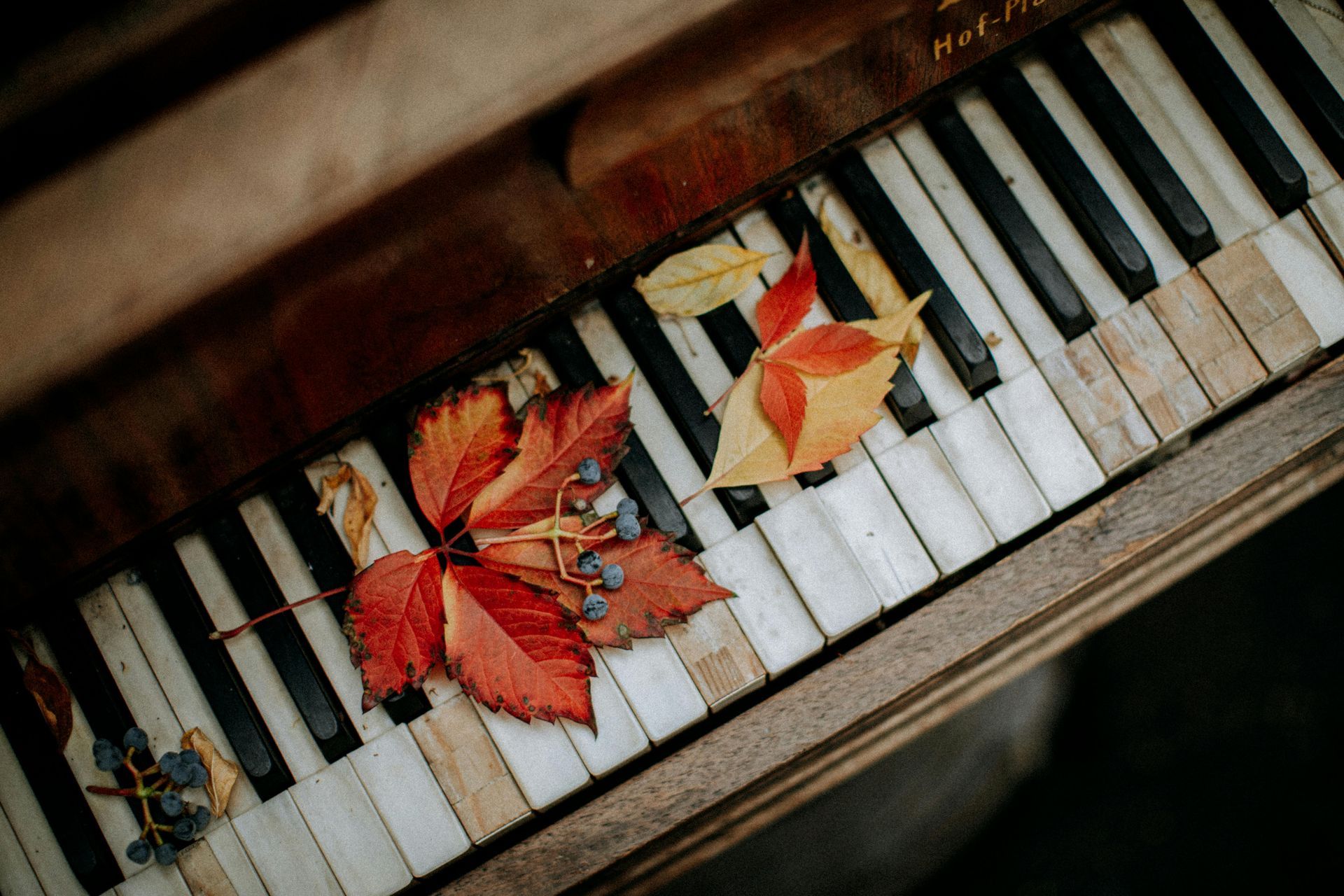
Did you think we were done? There are even more benegits! When all is said and done, the benefits of learning any musical instrument are truly immeasurable . Engaging with music not only enhances cognitive skills and improves hand-eye coordination but also fosters creativity and emotional expression. Playing an instrument can boost memory, build discipline through regular practice, and even reduce stress by providing a relaxing and fulfilling outlet. But just in case you wanted to have some more measurable benefits, I compiled 5 additional points to add to the benefit list , emphasizing the positive impact on academic performance, social skills, cultural appreciation, self-esteem, and mental health.
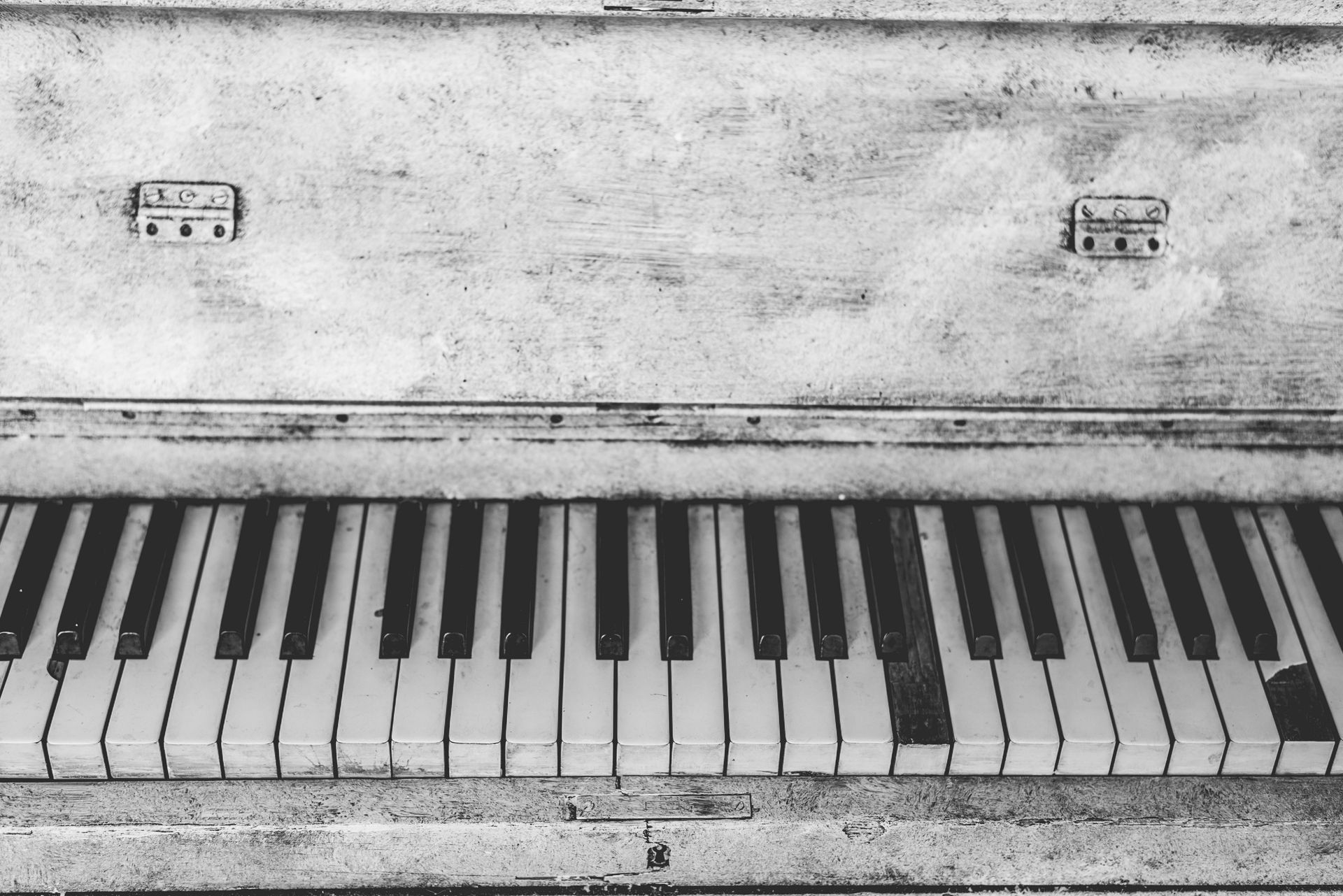
As a top royal conservatory piano teacher, I'm here to tell you about the incredible benefits of piano on your brain . Music, truly, is a kind of magic as it taps directly into our emotions and fuels our imagination. Have you ever busted a move to an energizing tune or been moved to tears by a soulful melody? Music has that power . More specifically, learning to play the piano can contribute to your smartness, contentment, and health. Intrigued? Let's dive in. Playing the piano is a complex activity that involves sight-reading two lines of music, each in a different clef, while both hands often play intricate rhythms independently of each other . You should listen to the notes being played and adjust your playing accordingly. Pianists also accurately keep time while knowing where all the notes are without looking at the keyboard. That gives you a mental workout like no other! Here's how piano playing benefits your brain: Mastering Multitasking : Piano playing requires your brain to juggle numerous tasks at once, from keeping time and forming chords to controlling your breath while your hands operate independently. This trains your brain to handle a lot at once, moving from simple patterns to more complex ones, improving your multitasking skills. Building Brain Power : The mental demands of the piano are so significant that it has a profound impact on the brain structure. Playing piano strengthens the bridge between the right and left hemisphere of the brain whilst enhancing the efficiency of connections in the frontal lobe. This leads to improved problem-solving, language, spontaneity, decision-making, and social behavior abilities. Enhancing Creative Thinking : Piano players think outside the box! Research indicates that playing music enhances the communication between different parts of the brain, leading to innovative solutions to complex problems. This creative thinking ability extends to non-musical scenarios too, resulting in more imaginative solutions to daily challenges. Beneficial At Any Age : Whether you're a young beginner or an adult, playing the piano offers numerous benefits. For adults, it has shown to alleviate depression, fatigue, and anxiety while boosting memory, verbal communication, and independence. It can also help mitigate symptoms of dementia, PTSD, and stroke, improving cognition, dexterity, and reducing stress. In conclusion, playing piano means much more than just producing beautiful melodies. It's a fantastic way to brainstorm, improve memory, reduce anxiety, and even boost your happiness . So why not give it a try? The piano's 88 keys await you!
